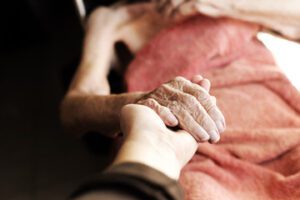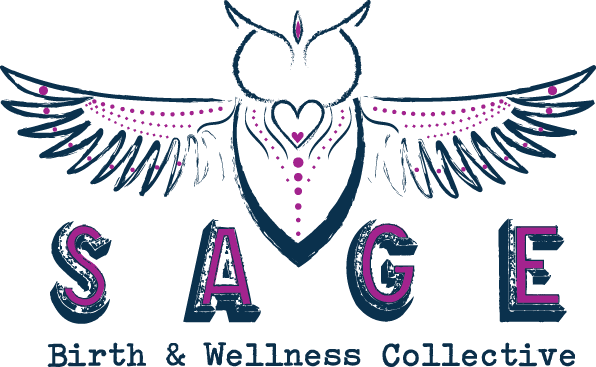
What is the Role of an End-Of-Life Doula?

- Doulas provide non medical, emotional support, education, and guidance to anyone needing support though a transformational change.
- End-of-Life doulas comfort, educate, advocate for, support and guide families in need.
- End-of-Life doulas are an essential part of the members of a dying person’s team–both as a caregiver and advocate. They can work alongside the family, client and medical team.
- End-of-Life doulas assist their clients to gather information, and encourage them to make informed choices through education, advocacy, and helping them access their deeper knowledge of their own dying process.
- If a client needs professional help, an End-of Life doula makes referrals both to individual and community resources.
- All End-of-Life doulas focus on and adapt to the unique needs and requirements of their clients and their families/caregivers and medical team.
Limitations to Practice
- End-of-Life doulas don’t perform and medical tasks (monitor vitals, administer meds, etc)
- End-of-Life doulas refrain from giving any medical advice or using personal agendas of any kind relating to medical treatment.
- End-of-Life doulas will NOT impose their own personal values or beliefs on their clients or the client’s team (family/caregivers/medical team)
- End-of-Life doulas use their skills of listening and support to encourage clients to discuss anything related to their medical care.
- End-of-Life doulas do not take over or usurp the roles of other care professionals ( hospice nurse, social worker, chaplain, home health aide, etc.)
- End-of-Life doulas may be present at the time of death at the client’s request but do NOT facilitate the medical aid-in-dying process.

